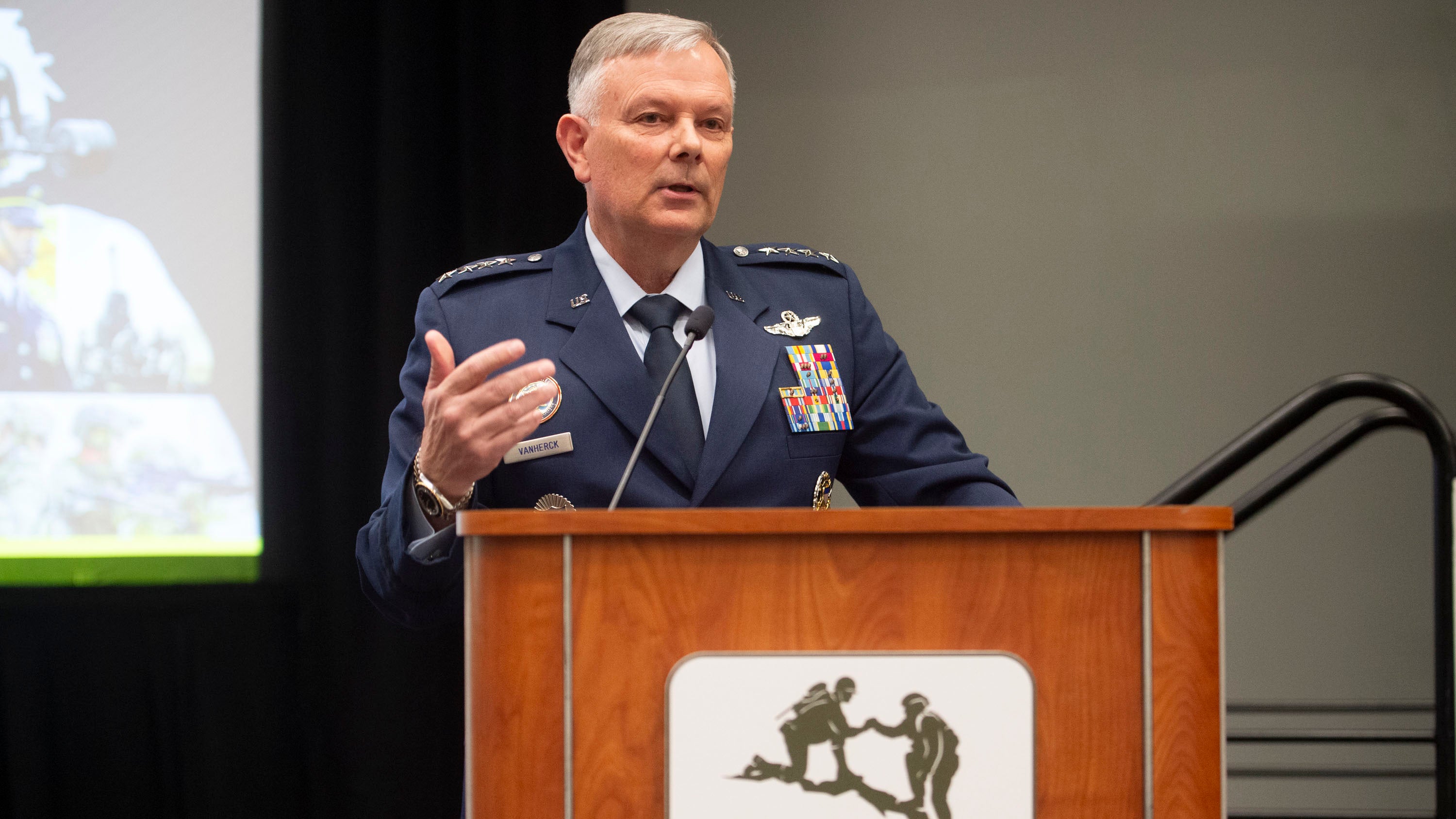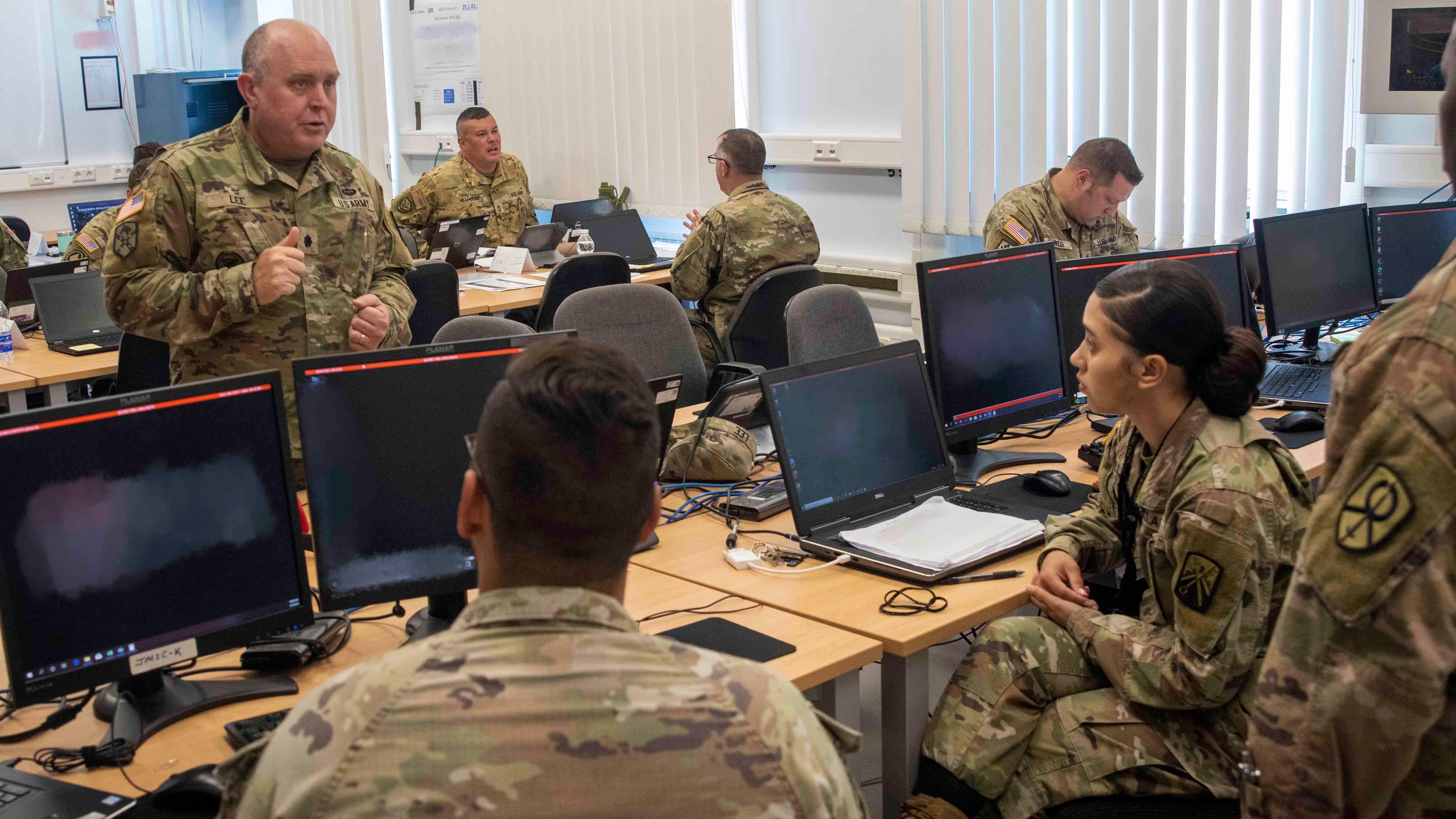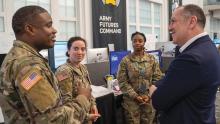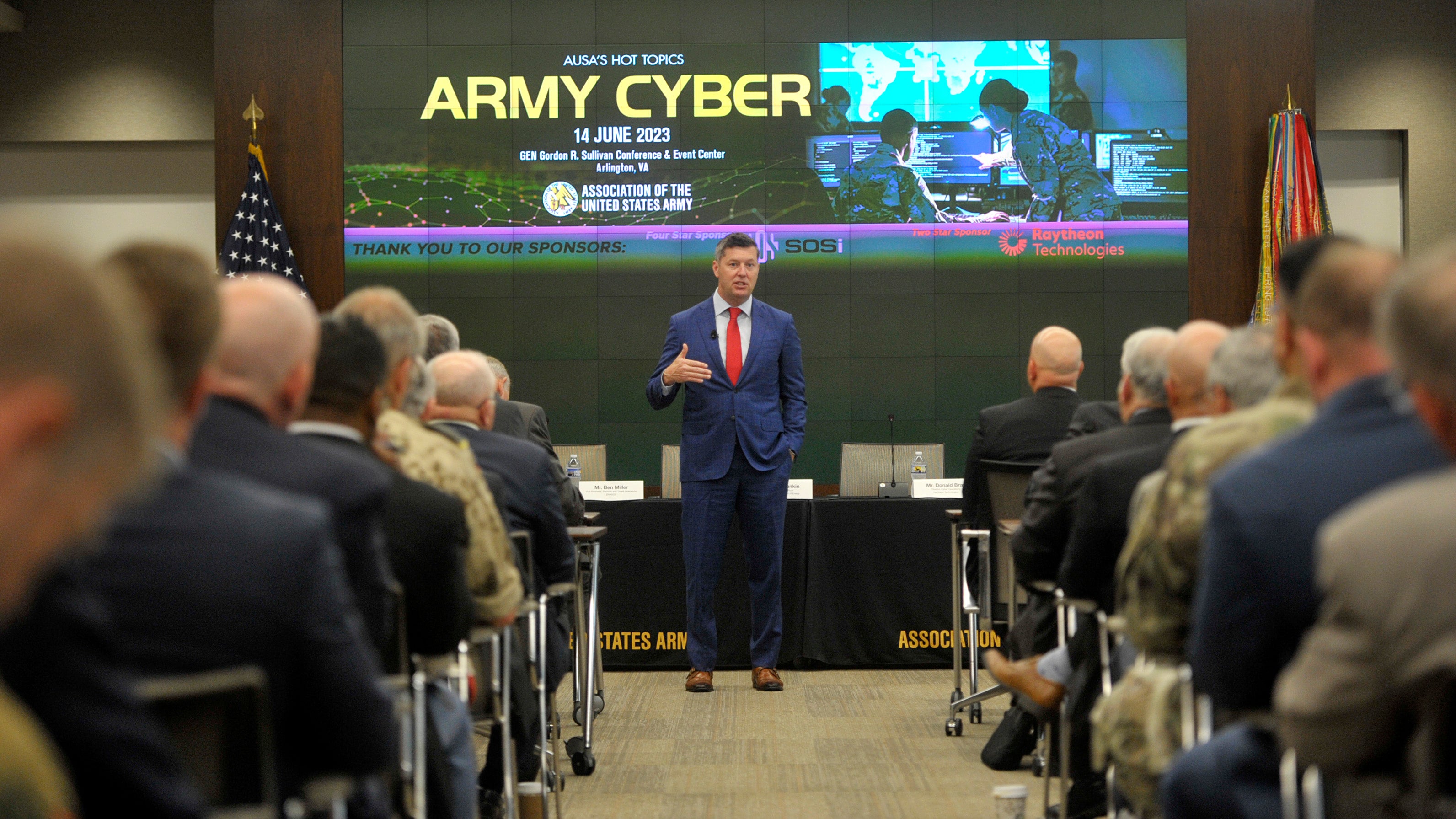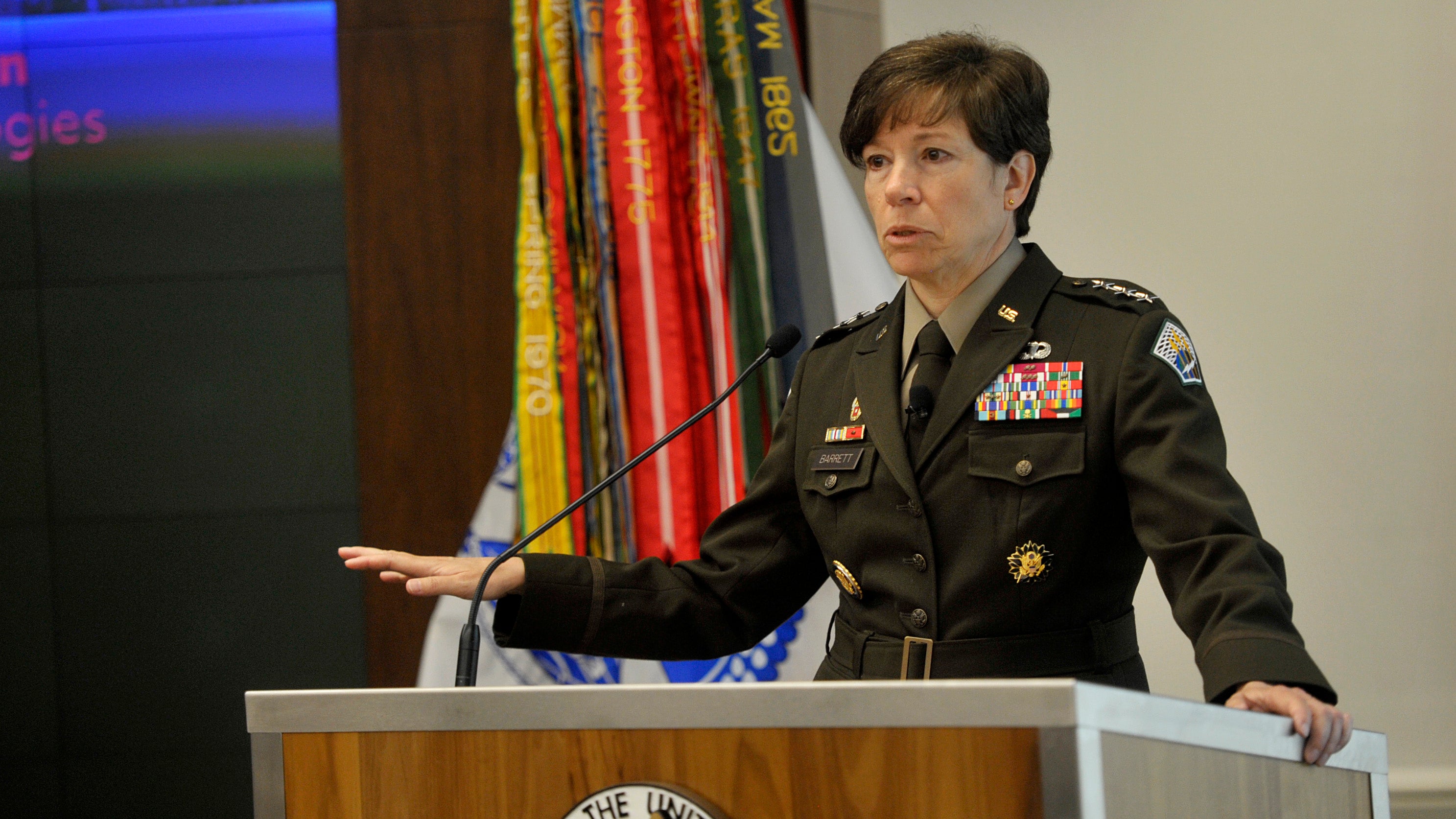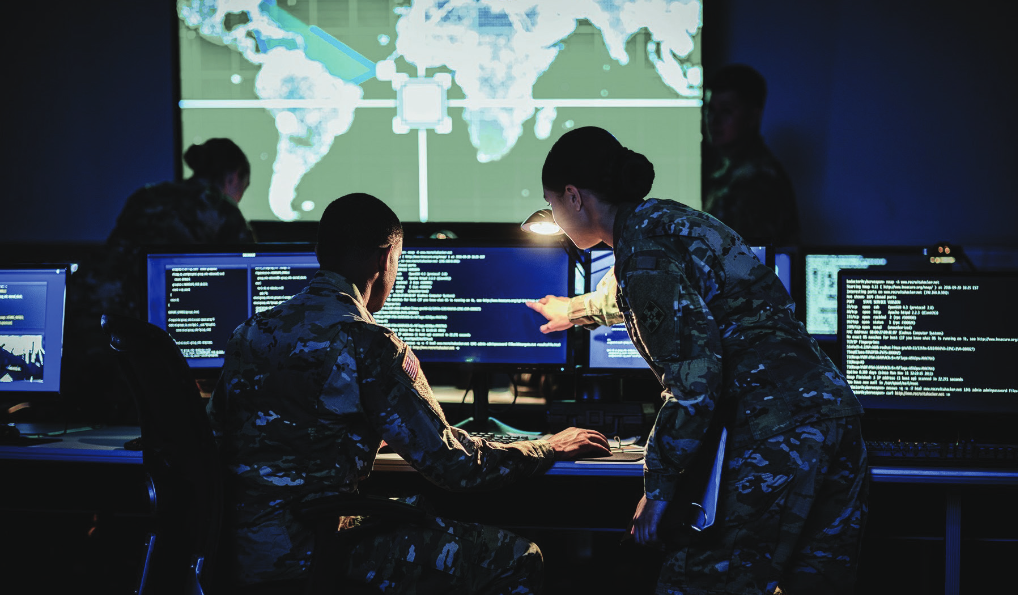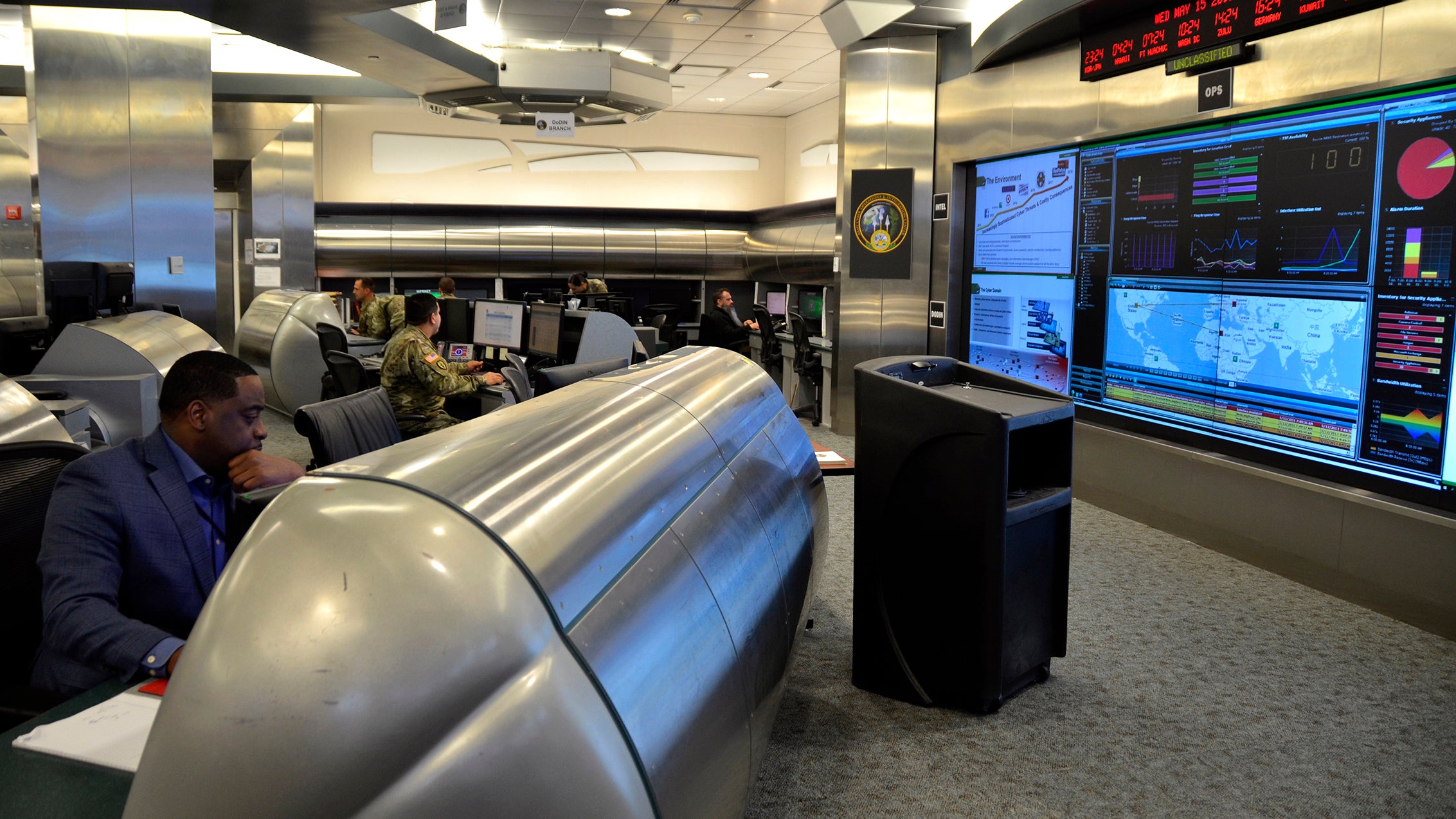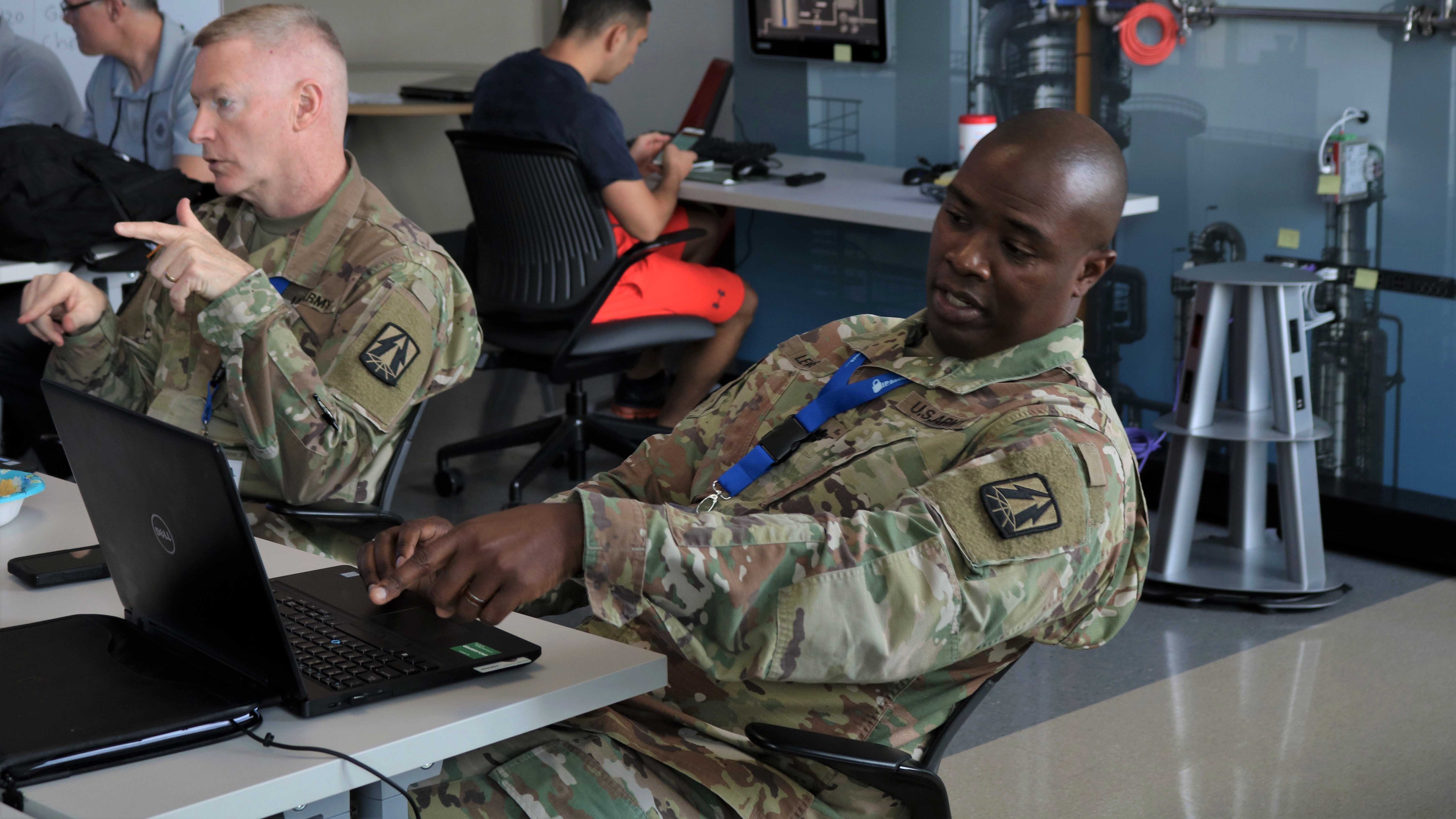Cyber Tools Changing Warfare
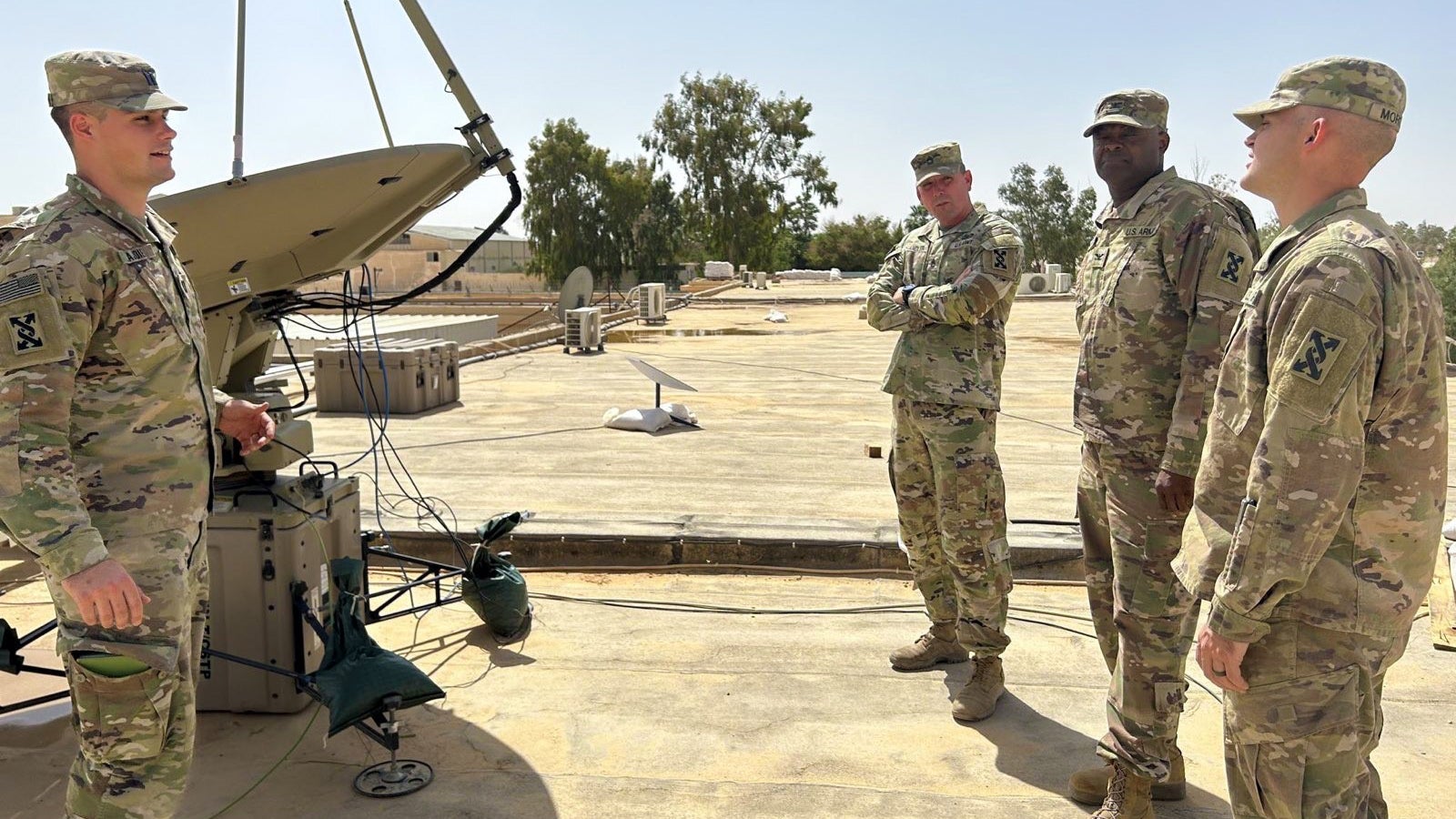
From increasing productivity to processing large amounts of data, artificial intelligence can change the way soldiers operate and fight, a panel of experts said during a forum hosted by the Association of the U.S. Army.
“How can we use these tools to make decisions faster and better?” said Maj. Gen. Matthew Easley, deputy principal information operations adviser in the Office of the Undersecretary of Defense for Policy. Enabling decision-making is the first pillar of information advantage, he said.


